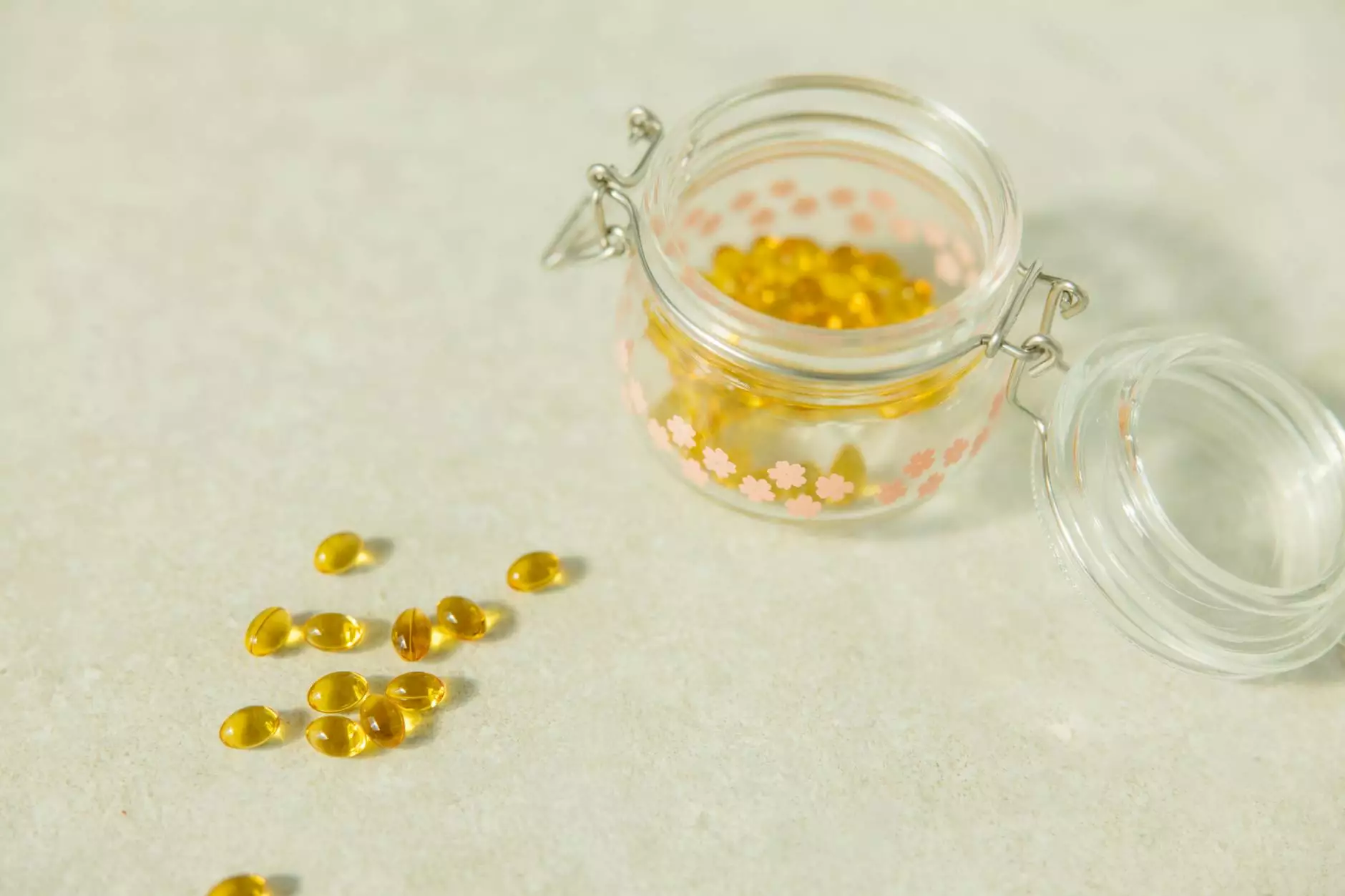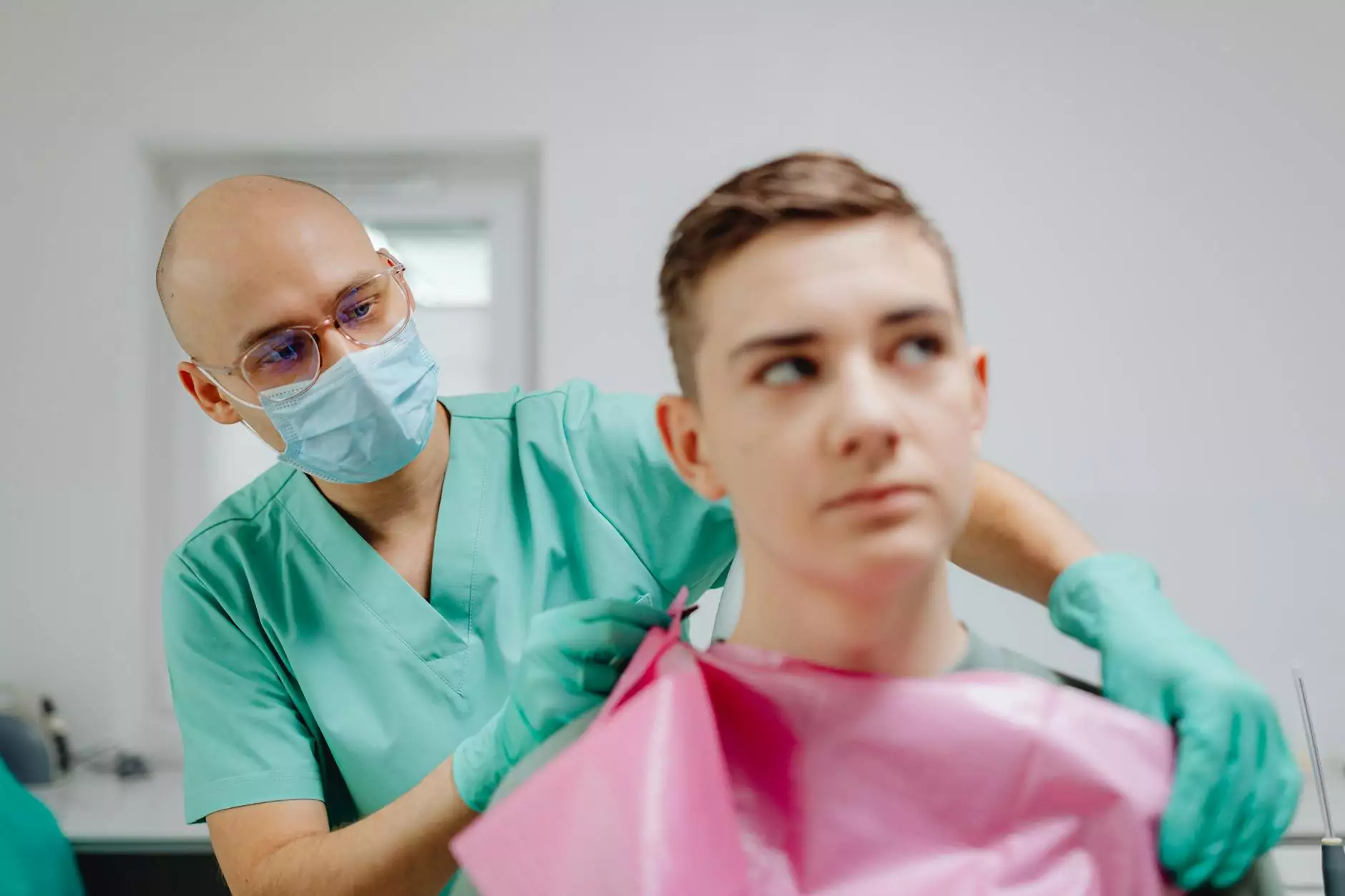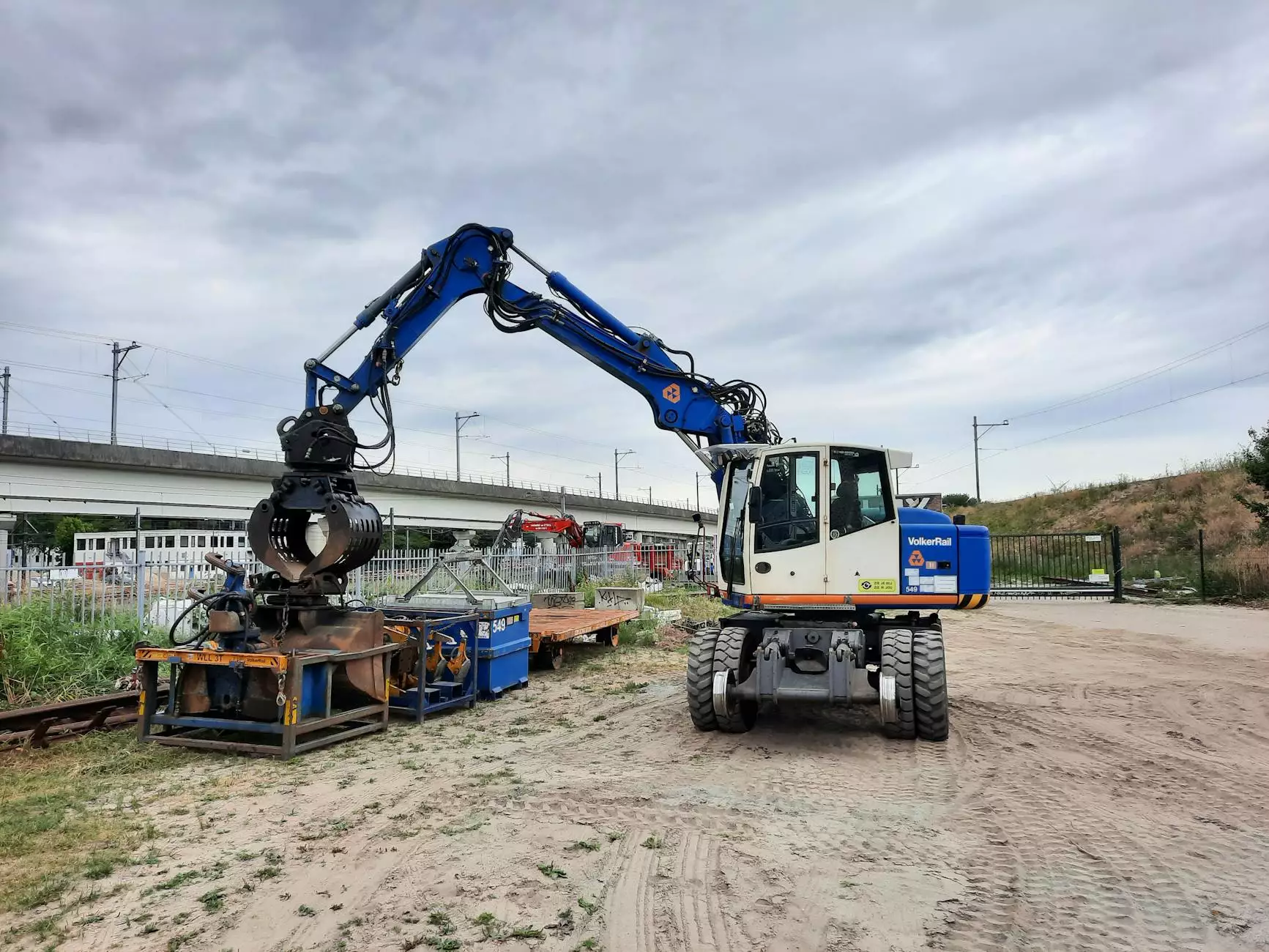Your Comprehensive Guide to Varicose Vein Centers

Understanding Varicose Veins
Varicose veins are enlarged, twisted veins that can be seen just under the surface of the skin. Although they can occur anywhere in the body, they are most commonly found in the legs. Varicose veins often indicate an underlying issue with venous insufficiency, where veins struggle to return blood to the heart. The veins may become varicosed due to a variety of factors, including genetics, age, pregnancy, and prolonged standing.
What is a Varicose Vein Center?
A varicose vein center specializes in diagnosing and treating conditions related to varicose veins and other venous disorders. These centers are typically staffed by healthcare professionals who focus on vascular medicine, including board-certified vascular surgeons and phlebologists.
Common Symptoms of Varicose Veins
Understanding the symptoms of varicose veins is crucial for early diagnosis and treatment. Some of the most common symptoms include:
- *Swollen legs and ankles*
- *Aching, painful legs*
- *Itching or burning around the veins*
- *Skin discoloration or ulcers around the ankles*
- *Heaviness or tiredness in the legs*
Causes of Varicose Veins
Several factors can contribute to the development of varicose veins. Understanding these causes can help in prevention and early intervention. They include:
- Genetics: A family history of varicose veins can significantly increase your risk.
- Age: Aging causes wear and tear on the valves in the veins.
- Pregnancy: Increased blood volume during pregnancy can exert pressure on veins.
- Obesity: Excess weight puts additional pressure on veins.
- Sedentary Lifestyle: Prolonged sitting or standing can affect blood flow.
Diagnosis of Varicose Veins at a Varicose Vein Center
When you visit a varicose vein center, the healthcare providers will perform a thorough examination. The diagnostic process may include:
- Patient History Review: Discussing symptoms and family history.
- Physical Examination: Checking for visible signs of varicose veins.
- Ultrasound Tests: Non-invasive imaging to evaluate blood flow in veins.
Treatment Options Available at Varicose Vein Centers
Varicose vein centers offer various treatments tailored to the severity of the condition. Here are some common procedures:
Conservative Treatments
For mild cases, conservative treatments may include:
- Compression stockings: Help improve circulation and relieve symptoms.
- Lifestyle changes: Weight management and exercise can alleviate symptoms.
- Medications: Over-the-counter pain relievers may help manage discomfort.
Minimally Invasive Procedures
If conservative treatments are ineffective, the following minimally invasive procedures may be recommended:
- Endovenous Laser Treatment (EVLT): Uses laser energy to close off varicose veins.
- Sclerotherapy: Involves injecting a solution into the vein to make it collapse and fade.
- Radiofrequency Ablation (RFA): Utilizes heat from radio waves to close off problematic veins.
Surgical Options
In more severe cases, surgical options may be necessary:
- Vein Stripping: A surgical procedure to remove varicose veins.
- Ligation and Stripping: A combination of tying off veins and removing them through small incisions.
Post-Treatment Care and Recovery
After receiving treatment at a varicose vein center, proper post-treatment care is essential for recovery. Patients should follow their healthcare provider's guidelines, which may include:
- Wearing compression stockings as advised.
- Engaging in gentle physical activities to promote circulation.
- Avoiding long periods of standing or sitting to prevent complications.
- Following up with the specialist for monitoring recovery progress.
Preventing Varicose Veins
While not all varicose veins can be prevented, several lifestyle choices can reduce the risk:
- Maintaining a healthy weight
- Regular exercise to improve circulation
- Avoiding prolonged standing or sitting
- Elevating the legs when resting
- Using compression garments for support during activities
When to Visit a Varicose Vein Center
If you experience any signs of varicose veins or have a family history of the condition, it is advisable to consult a specialist. Early intervention can prevent complications and help you maintain a healthy vascular system.
The Importance of Choosing the Right Varicose Vein Center
Choosing the right varicose vein center is crucial for effective treatment. Here are some factors to consider:
- Credentials: Ensure that the center is staffed by experienced and board-certified specialists.
- Technology: Look for centers that use advanced technology and techniques for diagnosis and treatment.
- Patient Reviews: Research reviews and testimonials to gauge patient satisfaction.
- Comprehensive Care: Choose a center that offers a full range of services, from diagnosis to post-treatment follow-up.
Conclusion: Embrace Healthy Veins for a Healthier Life
Varicose veins are a common condition that can affect anyone, but with the right knowledge and treatment, you can manage and overcome this issue. Varicose vein centers are dedicated to providing specialized care to help individuals maintain healthy veins and an active lifestyle. Whether you are experiencing symptoms or seeking preventive care, don’t hesitate to reach out to a reputable center like trufflesveinspecialists.com for assistance and guidance.
For more information about varicose vein centers, treatments, and maintaining vascular health, visit trufflesveinspecialists.com.









